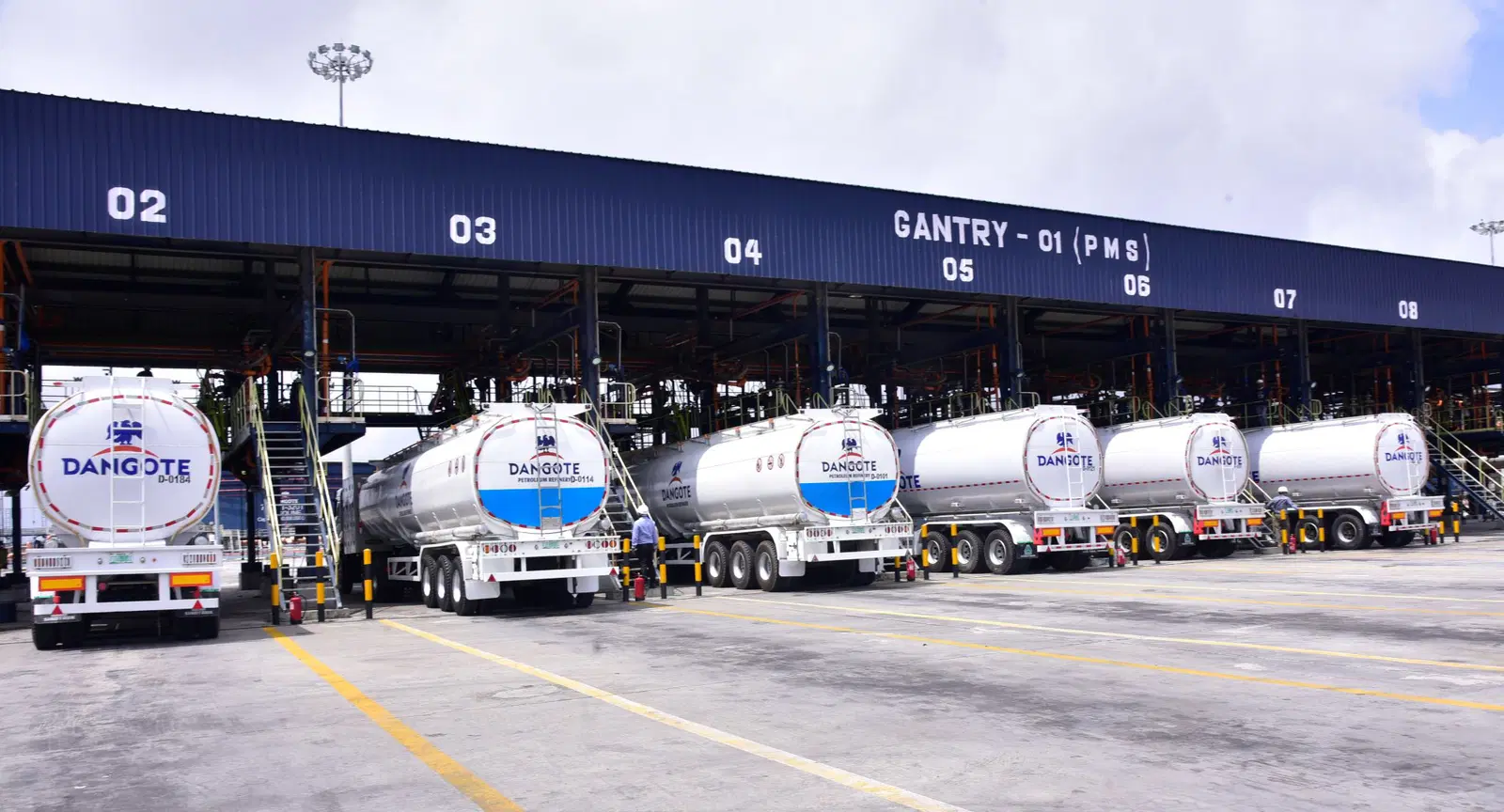The Federal Government has reaffirmed its commitment to market-driven pricing for crude oil, rejecting price-fixing. It emphasizes adherence to international best practices, allowing transactions based on a willing-seller, willing-buyer framework.
The Chief Executive of the Nigerian Upstream Petroleum Regulatory Commission, Gbenga Komolafe, stated this in Abuja during a meeting with members of the Oil Producers Trade Section and the Independent Petroleum Producers Group.
The groups sought clarifications on operational challenges related to the pre-allocation of crude oil to domestic refiners, pre-existing contracts under domestic crude supply obligations, and pricing concerns.
According to a statement from the NUPRC, the meeting with key stakeholders in the oil and gas sector aimed to address and refine issues surrounding domestic crude supply obligations between producers and refiners. The discussions were geared toward strengthening Nigeria’s energy security.
Komolafe emphasized that while the commission is committed to its regulatory mandate, it also prioritizes sector growth by avoiding arbitrary actions that could deter operators or investments.
He added that in January, the commission outlined a five-point agenda aimed at boosting oil production in 2025.
The statement read, “The government had expressed commitment to the willing-seller, willing-buyer option which aligns with international best practices and affirmed that the government would support the upstream sector’s optimal functioning without resorting to price-fixing.”
He reaffirmed the commission’s readiness to address operational concerns from industry stakeholders, as long as they promote sector growth and align with national interests.
At the meeting, the OPTS and IPPG requested clarifications on operational challenges related to the pre-allocation of crude oil to domestic refiners, pre-existing contracts under domestic crude supply obligations, and pricing issues.
Komolafe assured stakeholders that while the commission remains dedicated to its regulatory mandate, it also focuses on fostering sector growth and avoiding arbitrary actions that could deter operators or investments.
In January, the commission introduced a five-point agenda to boost oil production in 2025.
The plan includes increasing output by one million barrels through targeted initiatives, improving hydrocarbon measurement accuracy with enhanced metering and cargo regulations, digitalizing upstream regulatory processes for better compliance, optimizing unit costs per barrel to maximize revenue, and conducting licensing bid rounds to revive non-performing assets in line with the Petroleum Industry Act 2021.
Komolafe also disclosed that the commission has developed a template to assess and address the needs of all participants across the value chain.










